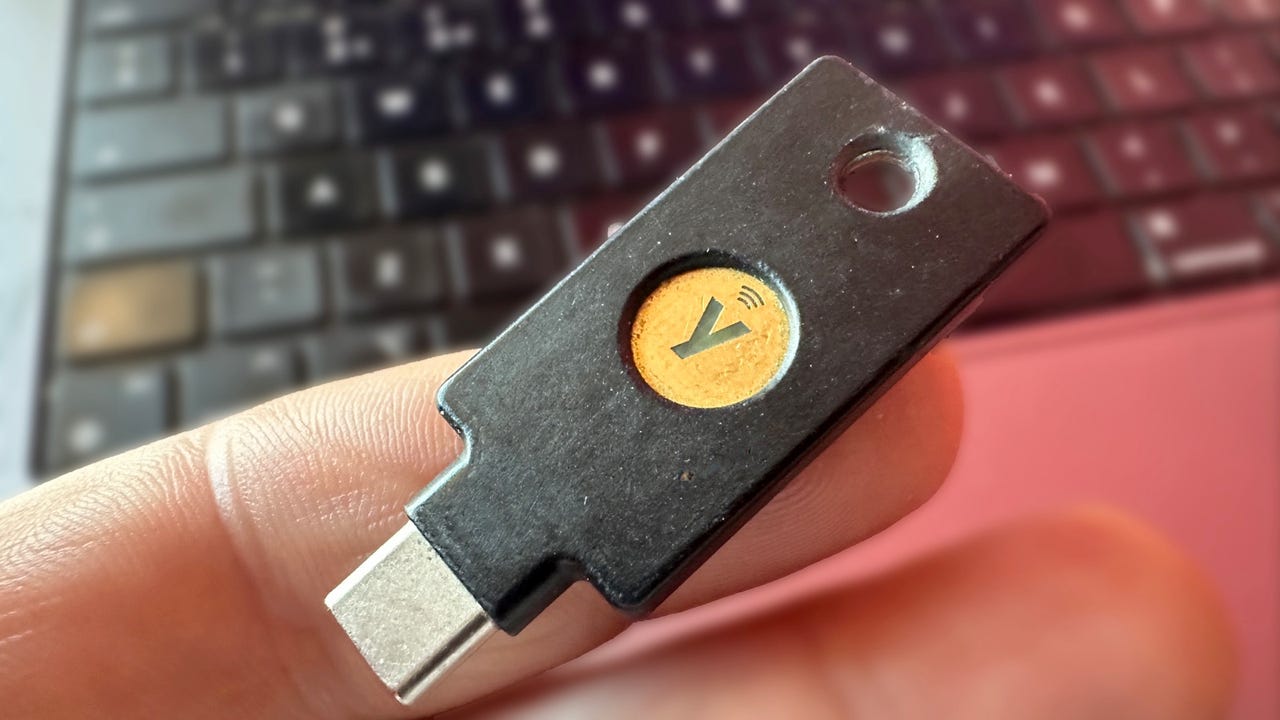'ZDNET Recommends': What exactly does it mean?
ZDNET's recommendations are based on many hours of testing, research, and comparison shopping. We gather data from the best available sources, including vendor and retailer listings as well as other relevant and independent reviews sites. And we pore over customer reviews to find out what matters to real people who already own and use the products and services we’re assessing.
When you click through from our site to a retailer and buy a product or service, we may earn affiliate commissions. This helps support our work, but does not affect what we cover or how, and it does not affect the price you pay. Neither ZDNET nor the author are compensated for these independent reviews. Indeed, we follow strict guidelines that ensure our editorial content is never influenced by advertisers.
ZDNET's editorial team writes on behalf of you, our reader. Our goal is to deliver the most accurate information and the most knowledgeable advice possible in order to help you make smarter buying decisions on tech gear and a wide array of products and services. Our editors thoroughly review and fact-check every article to ensure that our content meets the highest standards. If we have made an error or published misleading information, we will correct or clarify the article. If you see inaccuracies in our content, please report the mistake via this form.
3 security gadgets I never leave home without

The YubiKey 5C NFC remains an invaluable part of my defense against being hacked.
No matter how good you are, a security blunder awaits you around every corner.
Drop an unencrypted flash drive (here's an easy-to-use encrypted drive), plug into the wrong outlet for a quick charge, or click on a phishing link in a spam email and you could find yourself in a world of trouble and not even know it.
You only have to make one mistake. And no one is infallible.
Also: Five easy steps to keep your smartphone safe from hackers
While security is important at home and in the office, it's when you're out and about that things can really get dangerous.
The best way I've found to stay safe is to carry with me the few things that will protect me against hackers and attacks. These are simple tools, and even if you have to buy them all, they will cost you less than $200.
1. USB data blocker
What does a USB data blocker do?
It protects against unwanted data transfers from your devices while you're charging them. It basically cuts off the data side of things, and only allows power to flow to the device.
Why do you need it?
O.MG Cable by Hak5
How do you know you can trust that cable or charger you're using? Hackers can use modified hardware to hack your devices and steal data or infect your device with malware.
Think you could spot malicious hardware? Think again!
Take a look at the white cable in this smaller picture. Looks innocent, doesn't it? It's not! It's an O.MG Cable by Hak5, and this can be used to attack smartphones, tablets, laptops, and desktop systems.
Your only chance of spotting something like this is to use a malicious cable detector.
The O.MG Malicious Cable Detector says this cable is suspect.
Instead of checking all cables you plug your devices into, plugging in via a data blocker puts a safety air gap between you and malicious devices such as the O.MG Cable. I highly recommend using a data blocker if you use chargers and cables when out and about to protect your devices.
There is a downside to USB data blockers, and that is that they block fast charging, because those fast charging protocols communicate data in order to negotiate the best charging speeds. Still, I'd rather slower charging than being hacked.
You can get data blockers for USB-A, USB-A-to-USB-C, and USB-C.
2. USB security key
What does USB security key do?
A USB security key is a device that allows websites and apps to confirm that you are indeed you, and it forms an extra line of defense between hackers and your data. Think of it as a physical password that you plug into a device (or tap on it -- as some security keys also make use of NFC) to gain access. I recommend a YubiKey.
Also: What is Security Keys for Apple ID and why does it matter?
Why do you need it?
It adds an extra line of defense to your online accounts. Even if hackers get access to your username and password, they'd still need your USB security key to be able to compromise your account.
Your password might end up being compromised, but your USB security key will not.
3. Hardware-based encrypted USB flash drive
What does a hardware-based encrypted USB flash drive do?
This secures your data using high-level encryption, and because the encryption is hardware-based, you know for sure that any data stored on the drive is always encrypted.
Also: How to unlock the Flipper Zero hacking tool's true power
Why do you need it?
There are times when you need to move data about with you, and using a hardware-based encrypted USB flash drive means that your data is fully protected at all times. This means that if you lose your USB flash drive, yes, you're still down the cost of the drive, but you can be confident that the data stored on the drive is locked away forever.
If you're ultra-paranoid, you can even set a USB flash drive like the Apricorn Aegis above to wipe the data after 10 incorrect passcode attempts.
